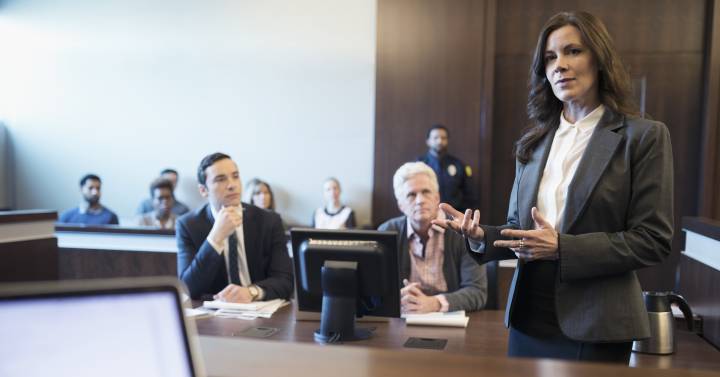
The Superior Court of Justice (TSJ) of Galicia examines, in a judgment of 9 December 2020, the limits on the freedom of expression of lawyers when acting before the courts. The sanction of three months of suspension of the exercise of the profession imposed on a lawyer by the Consello da Avogacía Galega is reviewed.
According to the ruling (available here), the freedom of expression enjoyed by lawyers is not unlimited and possible excesses must be corrected. As the Constitutional Court states, the practice of law “must be valued in the framework in which it is exercised, and taking into account its functionality for the achievement of the purposes that justify its privileged regime”, but , this does not mean “that it does not have limits or cover the ignorance of the minimum with respect due to the other parties present in the procedure”.
Following this constitutional doctrine, the court begins by recognizing that “judicial processes are frameworks of discussion in which the exercise of the right of defense allows to exceed limits that are not admissible in everyday life,” but adds that this does not want to say that “any kind of expression or reference to the opposing party or to professionals” is justified. In the Chamber’s view, in order to “determine whether the limits of the right of defense have been exceeded, the concurrent circumstances must be weighed, that is, what was said, how it was said and to whom it was said. “.
The sanctioned, in a letter addressed to the Court, described the action of the lawyer of the Administration of Justice (LAJ) as a “cluster of procedural nonsense deserving of disciplinary proceedings,” accused her “in bad faith to one side “and called his conduct” illegal, amoral, unjust and prevaricating. “
He added, too, that “the Secretary had not submitted to the Law and the Law, demonstrating boundless bias in addition to a manifest enmity with the lawyer.”
The court considers that the exercise of the right of defense and the freedom of expression that entails do not protect the content of the writs directed by the lawyer in the Court. Evident evidence of the disproportionate nature of this action, in the opinion of the Chamber, is that at first, in an attempt to evade its responsibility, it attributed the authorship of the writs to the solicitor.
In conclusion, in the opinion of the Chamber, “the bulk of the expressions and the seriousness of the accusations made” are deserving of the sanction imposed.